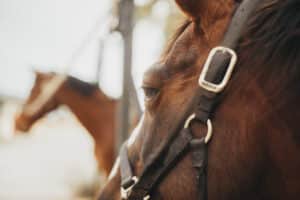© Copyright 2024 | Mission Equine Associates – All Rights Reserved
Powered by JFM Web Design
Internal Parasite Control And Your Horse
Internal parasite control is an important part of equine healthcare. Parasitism from Large Strongyles was once a leading cause of acute severe colic in horses. Internal parasites can cause a number of health problems in horses ranging from mild to severe. They can lead to the malabsorption of protein and micro nutrients from the bowel and lead to decreased resistance to secondary diseases. Severe parasitism can lead to permanent damage to the bowel in some cases.
When outward signs of parasitism exist they may include:
There are over 150 species of internal parasites that can infect horses. The most commonly associated parasites include:
Rotational Deworming Routine:
Continuous Deworming Routine:

P.O. Box 6466
Santa Barbara, California 93160
Please send your resume to:
[email protected]
© Copyright 2024 | Mission Equine Associates – All Rights Reserved
Powered by JFM Web Design